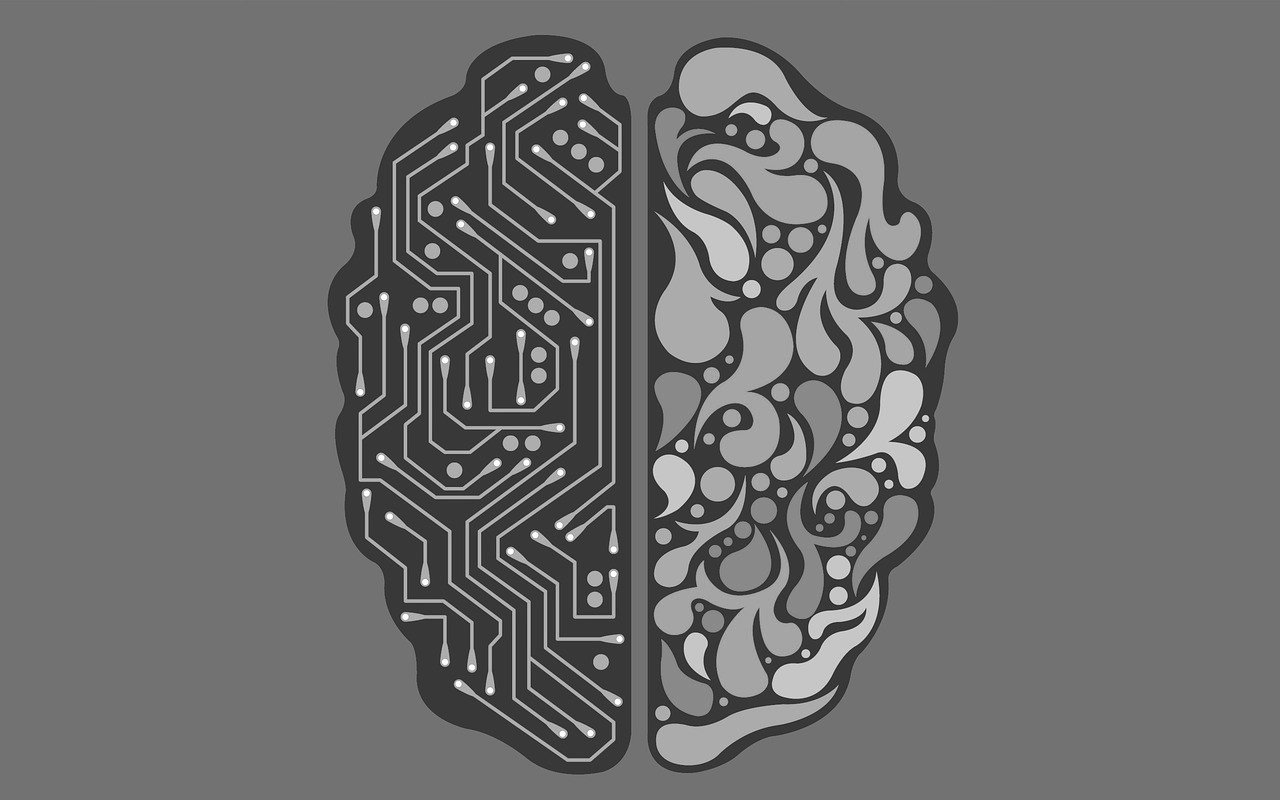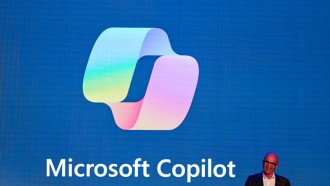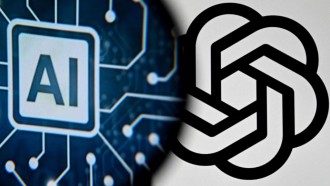
The concept of artificial intelligence has been at the forefront of technological advancements for quite some time now, with the potential and developments in applications evolving almost every year. Despite the popularity and inception of a host of software and tech, interest in AI hasn't wavered and continues to be a hot topic for the future of working in the modern world.
AI in practice
Right now, AI is an integral part of our everyday lives, although many of us don't realise it. Every time you browse the web, use social media and even interact with a range of services, this type of software is being used to streamline functions, collect and analyse data, and improve the user experience.
The most outstanding statistic we've come across is that AI use has grown by a staggering 270% across a myriad of sectors in the last four years. While this increase is a positive one, there are growing concerns about the future of the modern workforce, the security of personal data and much more. Tech Times explains how the EU's artificial intelligence act is moving towards countering the risks and dangers of AI.
The good news is that the potential of extensive AI adoption is constructive; the focus is on the support and improvement of human work functions, consumer experience and business productivity.
Current and future applications of AI
The term AI is used for any advancements in the computing and tech niches that are designed to better-perform tasks and solve problems using human-like reasoning. These functions can prove beneficial for more industries than just tech, so let's take a look at the applications you can expect to see, both now and in the future.
Healthcare
There are so many sectors within the healthcare field that can benefit from AI incorporation. From analysing data trends and intelligent cloud storage solutions, to diagnostics and a faster, more interactive user experience for patients, AI is already being implemented and customised to meet the demands of medical environments. If you'd like to read more, this article about AI in healthcare from Tech Times can be a worthwhile read.
Transportation
AI is already being featured in transportation via autonomous navigation systems, with applications for cars, trains, aeroplanes and more becoming ever more prevalent. Autonomous vehicles are also being developed as we speak.
Education
With a focus on student's needs, there's so much potential for AI in schools and other learning facilities. AI is currently being used more and more for diagnostic testing and developing custom models, to work alongside traditional curriculum for a more worthwhile learning experience.
Design
There are numerous applications in the design industry that support artists, but AI can even be used to remove traditional designers from the equation altogether. As AI software is designed with human processes in mind, it can already intuitively edit photos, create logos and stunning works of art for personal and commercial use.
Science
The applications for AI in science are extremely varied, from detecting factors contributing to climate change to developing precision agriculture the list is almost endless.
Can AI actually replace humans?
AI is currently taking over a host of roles in the working environment, but the good news is that these are typically small, menial and require minimal creative thinking to accomplish.
What AI actually does is take repetitive tasks that cost time and cause headaches, and complete them faster and with less room for error. What AI can't do is offer human interaction and the creative processes necessary for true innovation.
In fact, studies of the world economic forum suggest that around 97 million new jobs are likely to be created over the next 5 years due to AI - and this is something you simply can't overlook.
* This is a contributed article and this content does not necessarily represent the views of techtimes.com





